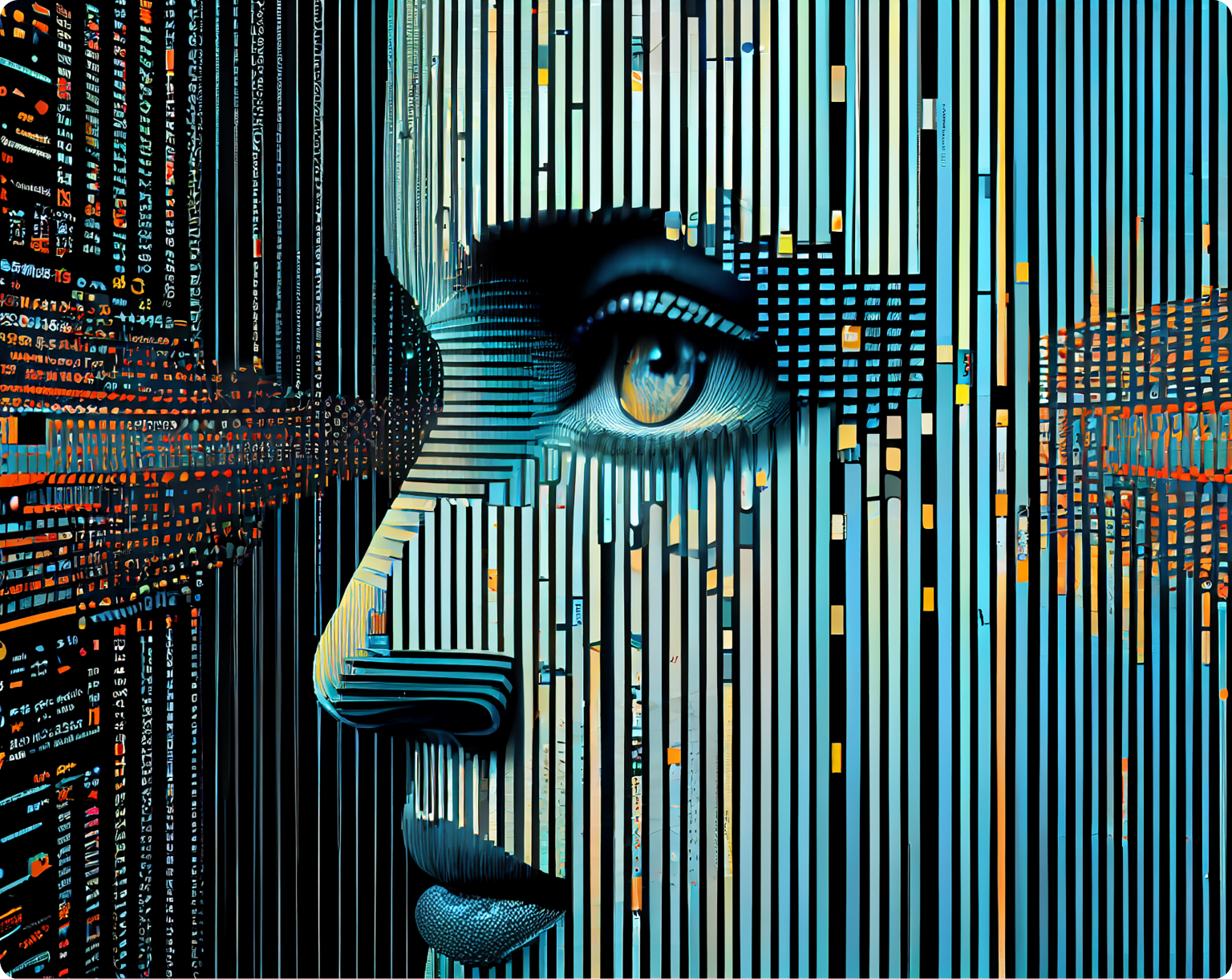
Is eCommerce Profitable in 2025: A Comprehensive Look
Key TakeawaysCost Efficiency and Flexibility: Starting an ...

Author::
Tihana Rajnović

With so much discussion about machine learning and artificial intelligence, large language models and computer vision, it is easy to get lost in all of it.
Just keeping up with what is what is becoming difficult, and that doesn’t even include AI models planned for the future.
Today it seems as if every day a new AI tool pops up, generating image, video, text, design, code, music, and other types of output.
In 2016 we saw Snapchat Lens, with users being able to turn themselves into dogs, use makeup filters, and more on live video.
In 2024, Sora, a text-to video OpenAI model was announced. Currently it generates videos up to minute long, based simply on text input.
Similar strides were accomplished with chatbots such as ChatGPT, image generation with Midjourney, coding assistants such as GitHub Copilot, and UI generation tool such as Galileo AI.
AI tool users more than doubled from 2020 to 2024, with the number of users expecting to rise over 700 milion by the year 2030.
Since 64% of businesses expect AI to produce their productivity, it is very likely that AI adoption numbers will exponentially grow.
We have seen incredible strides in AI technology development, from neural networks to functional AI models.
The question is, what will ai technology look like in the future?

Artificial Narrow Intelligence or ANI
Artificial narrow intelligence is AI that is designed to perform a specific task.
All AI tools used today fit into this category, including: chatbots, self-driving systems, fraud detection systems, spam filters, language detection and translation, recommendation systems, and image to text tools.
Artificial General Intelligence or AGI
Artificial General Intelligence is AI that can learn how to do intellectual tasks in the same way as humans do.
Every major AI development company trying to be the first to create AI powerful enough to rely on logic rather than programmed algorithms.
Artificial Super Intelligence or ASI
Artificial Super Intelligence is, for now, a hypothetical type of AI that is more intelligent and capable than humans.
It is expected that ASI will be able to solve the most difficult problems facing humanity, create new technologies beyond our capabilities, and help us make global decisions.

As we move towards general artificial intelligence and the future of humans relying on complex technology for almost every task, we must carefully consider the ethical, social, and economic implications of AI advancement.
AI automation refers to use of artificial intelligence technology to do tasks that previously needed human intervention.
More powerful AI models are transforming job roles, even eliminating some.
Generative AI could expose the equivalent of 300 million full-time jobs to automation. - Global Economics Analyst Briggs & Kodnani
This has brought on the belief that we will all be replaced with AI. But not everyone agrees.
Many argue that AI will replace all the repetitive and mundane tasks, allowing people to focus on more complex and engaging parts of their job, increasing productivity and worker happiness.
Plus, historically, worker displacement from automation has been offset by creation of new jobs and occupations, furthering economic growth.
On April 30th 1993, the World Wide Web became available to the broader public.
One could argue that the AI revolution will follow a similar pattern of how Internet transformed the world.
Companies are rushing to beat their competition by implementing the newest AI tools, increasing their productivity while bringing down cost.

As businesses remain optimistic about AI use, shown by 44% of business leaders planning to implement AI in 2024, we can expect a rise in generative artificial intelligence use across all industries.
When we talk AI and education, the first thing on our mind might be students using ChatGPT to finish assignments and homework, but AI has great educational potential.
Play-based learning could become supercharged using AI-powered educational games, helping students more easily acquire new skills in an interactive environment.
Using adaptive learning platforms, intelligent tutoring systems, and chatbots for student support, can help students stay supported with a learning approach tailored to each of them.
Even now, the use of immersive VR technologies is helping students learn practical skills, which combined with generative AI of the future can revolutionize teaching and learning on all educational levels.

As we navigate the transition from traditional software to AI, we are presented with great opportunities and perhaps even greater challenges.
Current problems with AI coupled with possible negative consequences of AI implementation require responsible innovation.
No one can say for sure what the AI revolution will bring, but we can be sure it will happen.

